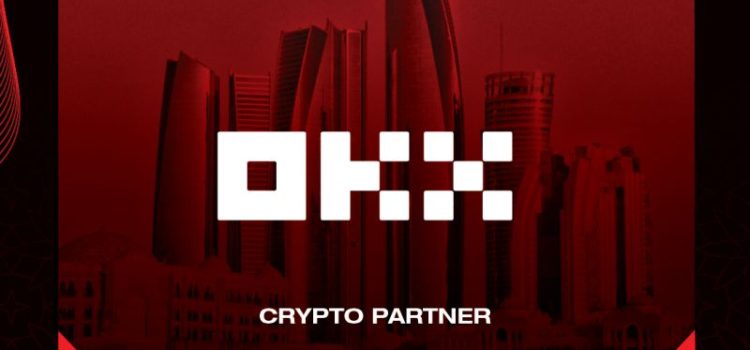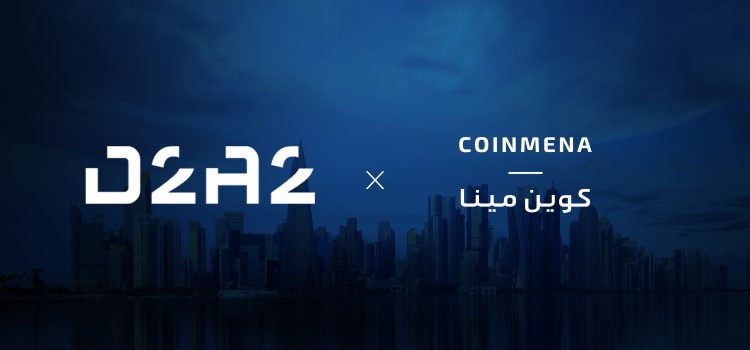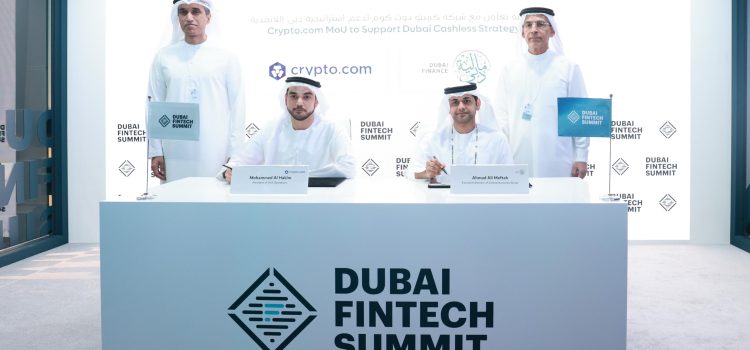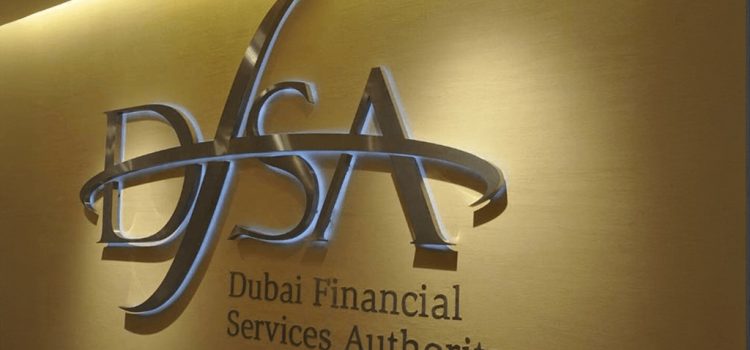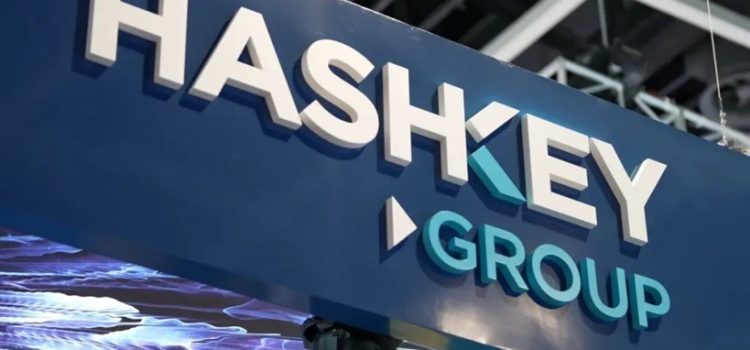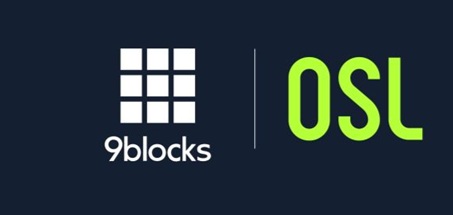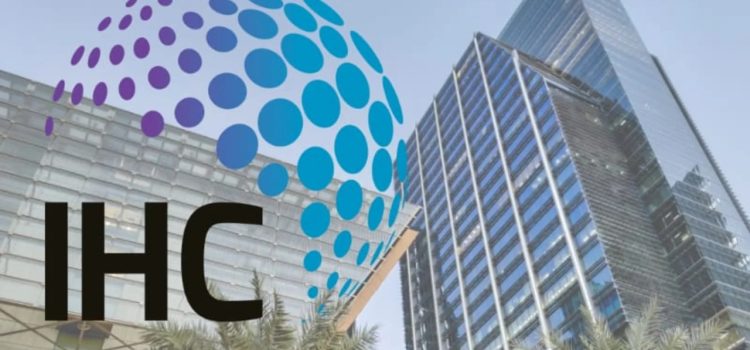The landmark 30th edition of the HODL (Formerly World Blockchain Summit), the world’s longest-running Crypto & Web3 Summit series is set to return to Dubai on 14-15 May 2025 at Madinat Jumeirah. HODL will bring together over 5,000 attendees, including policymakers, regulators, institutional investors, technological innovators, and entrepreneurs to drive critical conversations and partnerships shaping the future of decentralised finance, asset tokenisation, and AI-powered infrastructure.
Organised by Trescon and building on the legacy of the World Blockchain Summit, HODL has hosted 29 editions across key global hubs, including Dubai, Singapore, and Bangkok. This milestone event in Dubai cements its position as a leading global platform for blockchain innovation and strategic collaboration.
“HODL has become the definitive platform for blockchain innovation in the Middle East and beyond. This 30th edition marks a turning point as institutional adoption meets breakthrough tech. We’re proud to drive the conversations shaping the future of decentralisation,” said Mohammed Saleem, Founder & Chairman of Trescon.
HODL will spotlight cutting-edge developments driving the crypto and Web3 ecosystem — including real-world asset tokenization, advancements in modular blockchain infrastructure, the next wave of DeFi innovation, evolving regulatory frameworks, and enhanced security protocols for digital assets. These trends are accelerating global momentum toward institutional and enterprise blockchain adoption.
Featuring a powerhouse line-up of speakers including:
• Corbin Fraser, Chief Executive Officer, Bitcoin.com
• Nils Andersen-Röed, Global Head of FIU, Binance
• Gracy Chen, Chief Executive Officer, Bitget
• Rifad Mahasneh, Chief Executive Officer MENA, OKX
• Robert Crossley, Global Head of Industry and Digital Advisory Services, Franklin Templeton
• Joseph Ziolkowski, Chief Executive officer, Relm Insurance
• Viktor Fischer, Managing Partner, RockawayX
• Vivien Lin, Chief Product Officer, BingX
• Luther Maday, Global Head of Payments, Algorand Foundation
• Dyma Budorin, Co-Founder and Chief Executive Officer, Hacken Click here to see full list of speakers.
“HODL 2025 is where the future of Web3 and crypto innovation takes shape. I am thrilled to collaborate with pioneers shaping this exciting digital revolution,” stated Corbin Fraser, CEO of Bitcoin.com.
Talking about the opportunity, Nils Andersen-Röed, Global Head of FIU at Binance remarked, “Excited to share insights on blockchain and connect with leaders driving GameFi, NFTs, and Web3 advancements at HODL 2025.”
In a significant development for the region’s innovation landscape, HODL has partnered with Pegasus Tech Ventures to host the UAE Regional Round of the Startup World Cup offering emerging blockchain ventures a chance to pitch for a place at the global finals and compete for a $1 million investment. Pegasus has invested in over 260 companies, with 71 exits and 22 IPOs, providing a formidable launchpad for start- up growth.
HODL 2025 provides its attendees unprecedented access to more than 500 institutional investors, creating opportunities for strategic collaborations with industry leaders, regulatory authorities, enterprise organisations, and government officials. This environment is optimally structured for capital formation, strategic insight development, and institutional partnerships.
Reflecting the growing influence of blockchain in global finance, HODL is backed by leading sponsors and ecosystem partners including:
• Platinum Sponsor – Liquid Loans
• After Party Sponsor- Coinvoyage
• Gold Sponsors – Tata Consultancy Services | Gofaizen & Sherle
• Silver Sponsor – Facephi
• Bronze Sponsors – Skygate Network | FMCPAY | Pays.Solutions | P2P
With the strategic support of over 60 global media and listing partners, participating organisations will achieve significant visibility across international platforms. CNN Business Arabic serves as the Official Media Partner, with Khaleej Times as Exclusive Media Partner, and ZEX PR WIRE as the Official Digital PR Distribution Partner.









